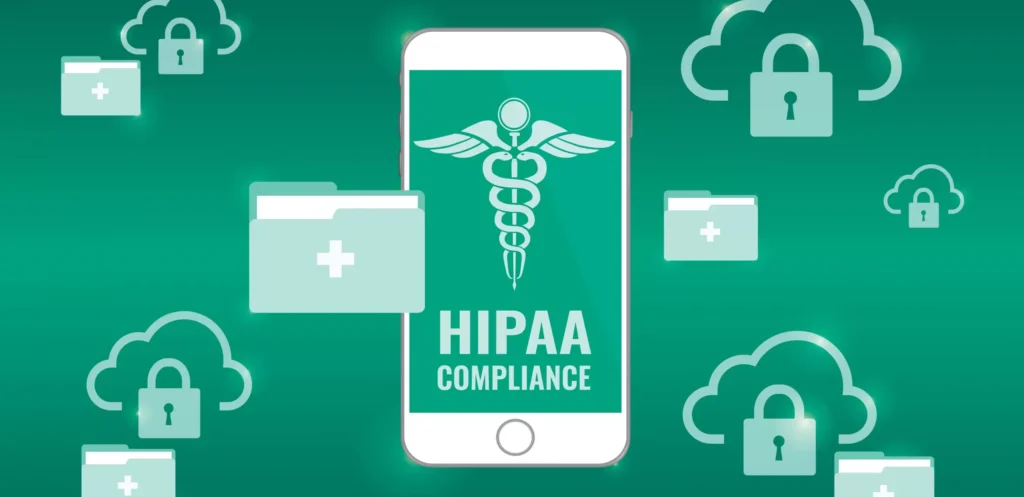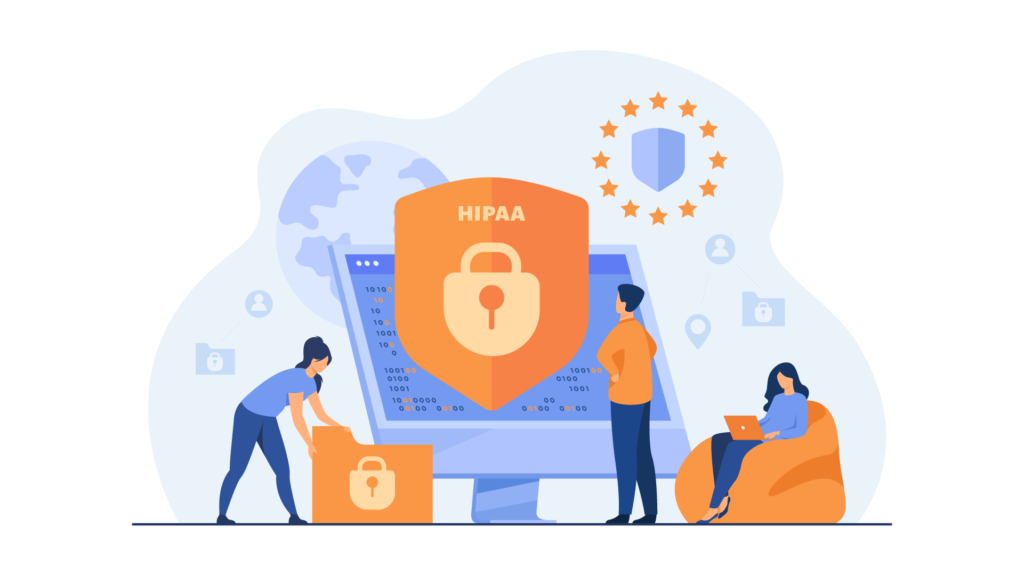Fist step towards RCM health – Front desk functionality
The front desk of a healthcare facility is often the first point of contact for patients, making it a critical component of the patient experience and overall efficiency of the practice. A well-functioning front desk ensures smooth operations, patient satisfaction, compliance, and accurate documentation. Below are the key characteristics of a perfect front desk functionality in U.S. healthcare:

1. Patient-Centric Service
| Warm and Professional Greeting: The front desk staff should welcome patients warmly and professionally, ensuring a positive first impression. This helps ease patient anxiety and sets the tone for the rest of their visit. |
| Clear Communication: Front desk staff must communicate clearly and effectively with patients, answering questions and providing guidance on policies, procedures, and paperwork. Clear communication also includes explaining any financial responsibilities such as copays or deductibles. |
| Cultural Sensitivity and Language Access: Staff should be trained in cultural sensitivity and equipped to handle patients from diverse backgrounds. Bilingual staff or access to language interpretation services are essential to ensure non-English speaking patients receive the necessary care and information. |
2. Efficient Appointment Scheduling
| Appointment Management: The front desk should handle appointment scheduling efficiently, ensuring that the clinic’s schedule is optimized. This includes managing physician availability, handling last-minute cancellations, and accommodating urgent care needs. |
| Digital and Telephonic Access: A perfect front desk functionality should offer patients multiple ways to book appointments, including phone calls, online scheduling platforms, and mobile apps, making access to care convenient for all types of patients. |
| Reminder Systems: Implement automated reminder systems (phone, email, or text) to reduce no-shows and late arrivals. This ensures patients are well-informed of their appointments and minimizes disruptions in the clinic’s workflow. |
3. Streamlined Check-In Process
1. Pre-Registration and Paperwork:
The front desk should enable pre-registration through online forms or patient portals, allowing patients to complete necessary paperwork before their visit. This reduces wait times and enhances patient satisfaction.
2. Insurance Verification:
Staff must verify insurance eligibility before or during check-in, ensuring that patients are covered for their visit and minimizing delays in claim processing. Automated systems for real-time insurance verification can help streamline this process.
3. ID and Insurance Card Scanning:
Efficient scanning and digitizing of ID cards, insurance cards, and consent forms prevent errors and ensure proper documentation.
4. Accurate Billing and Payment Processing
1. Collecting Copays and Deductibles:
The front desk staff must have a clear understanding of patients’ insurance benefits to collect the correct copays, coinsurance, or deductibles at the time of service. This helps improve the clinic’s revenue cycle.
2. Financial Transparency:
Providing patients with transparent billing information regarding their financial responsibilities is crucial. This includes explaining charges, offering payment plans if necessary, and answering any billing-related questions.
3. Claims Documentation:
Ensuring all necessary information for insurance claims is captured accurately during check-in helps avoid claim denials and delays in reimbursement.
5. HIPAA Compliance and Data Security
| Patient Privacy: The front desk must maintain HIPAA (Health Insurance Portability and Accountability Act) compliance by ensuring that patient information is kept confidential. This includes keeping conversations private, securing patient files, and limiting access to sensitive data. |
| Secure Systems: All electronic systems used by the front desk should be secure and compliant with HIPAA regulations. Data encryption, secure login protocols, and controlled access to patient information help protect patient privacy. |


6. Effective Triage and Emergency Handling
| Triage and Routing: Front desk staff should have the skills to recognize urgent medical needs and escalate them appropriately. This involves understanding when to direct patients to emergency care, urgent care, or internal triage, ensuring timely access to care. |
| Crisis Management: Front desk personnel must be trained in handling emergencies and urgent situations, such as a patient experiencing a medical crisis. Knowing the correct procedures for contacting medical staff and emergency services is crucial for patient safety. |
7. Coordination with Clinical Teams
| Seamless Communication: The front desk acts as a communication hub between patients, physicians, and clinical staff. Efficient coordination is required to ensure smooth transitions between the front desk and the clinical area, such as alerting the medical team when patients are ready or handling same-day appointment requests. |
| Managing Patient Flow: The front desk plays a key role in managing patient flow, ensuring that wait times are minimized, and that the clinic runs smoothly. This includes tracking patient check-ins, notifying staff of delays, and adjusting the schedule as needed. |
8. Technology Integration
| Electronic Health Records (EHR): The front desk must be proficient in using EHR systems to update patient information, verify insurance, and track appointments. An EHR system helps reduce paperwork and provides instant access to critical patient data. |
| Practice Management Software: Integrated practice management software should be used for appointment scheduling, billing, and claims processing. The front desk should ensure that all patient data is accurately entered and that the software is up-to-date. |
9. Problem-Solving and Conflict Resolution
| Addressing Patient Concerns: Front desk staff should be trained to handle patient complaints and concerns effectively, offering solutions or escalating issues to management when necessary. |
| Conflict Resolution: Managing difficult situations, such as billing disputes, long wait times, or scheduling conflicts, requires patience and strong conflict resolution skills. Front desk staff should be equipped to de-escalate tense situations while maintaining professionalism. |
10. Continuous Training and Development
| Ongoing Education: Front desk staff should receive regular training in customer service, technology updates (such as new EHR features), insurance changes, HIPAA regulations, and cultural competency. |
| Quality Improvement: A perfect front desk operation continuously seeks feedback from patients and staff to identify areas for improvement, helping maintain high standards of care and efficiency. |
A perfect front desk in U.S. healthcare is one that is patient-focused, technologically efficient, and operationally smooth. It plays a critical role in ensuring that patients feel welcomed, their information is handled accurately and securely, and that the healthcare provider operates effectively. By streamlining scheduling, check-ins, billing, and coordination with clinical teams, the front desk enhances both the patient experience and the overall efficiency of healthcare delivery.




